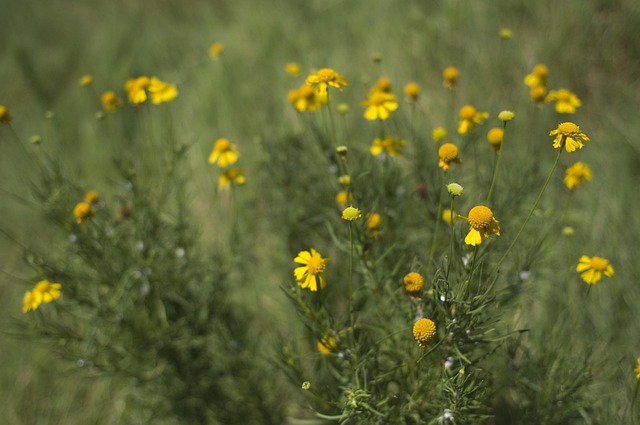Unwanted phone calls, or robocalls, are a common nuisance in North Charleston and South Carolina. Residents have legal protections against unsolicited calls through the South Carolina Do Not Call list and federal/state laws like the TCPA. They can file complaints with the Attorney General's Consumer Protection Division and register on the National Do Not Call Registry. Documenting call interactions is crucial for evidence. Direct communication with callers and utilizing available resources may resolve issues without involving Do not call lawyers South Carolina.
Tired of unwanted phone calls in North Charleston? You’re not alone. Understand your rights and take action against harassing calls with our comprehensive guide. Learn about the legal implications of unsolicited calls in South Carolina, discover how to file a complaint with the SC Attorney General’s Office, and explore Do Not Call registries. We’ll equip you with evidence gathering tips and alternative dispute resolution methods. Get rid of those pesky calls once and for all!
Keywords: Do not call lawyers South Carolina
Understanding Unwanted Calls and Their Legal Implications in South Carolina
Unwanted phone calls, often referred to as telemarketing or robocalls, are a common nuisance in today’s digital era. While some calls may be expected, such as those from friends or local businesses, many residents of North Charleston and across South Carolina find themselves on the receiving end of unsolicited and persistent calls. These can include sales pitches, political messages, or even scam attempts. It is important to understand that while these calls might seem harmless, they have legal implications.
In South Carolina, the Do Not Call list is a registered service that helps residents opt-out of receiving telemarketing calls. By registering, individuals indicate their desire not to be contacted by certain types of phone solicitation. Moreover, federal and state laws, such as the Telephone Consumer Protection Act (TCPA), protect consumers from excessive or annoying calls. These laws prohibit companies from making automated or prerecorded calls to individuals without prior express consent. Knowing these rights is crucial for North Charleston residents when deciding to file a complaint about unwanted calls.
When and How to File a Complaint with the South Carolina Attorney General's Office
In South Carolina, including North Charleston, if you’ve experienced unwanted phone calls from law firms or attorneys—often referred to as “do not call lawyers”—you have the right to take action. The South Carolina Attorney General’s Office plays a vital role in protecting consumers from such harassing practices.
When facing persistent and unsolicited phone calls, residents should file a complaint with the Attorney General’s Consumer Protection Division. You can do this by visiting their official website or calling their consumer hotline. Provide detailed information about the caller, including their name, number, and the nature of the calls (e.g., whether they offered legal services or not). The Attorney General’s Office will then investigate and take appropriate measures to resolve the issue, ensuring that “do not call lawyers” comply with state regulations and respect consumers’ privacy.
Navigating Do Not Call Registries: A Step for North Charleston Residents
In North Charleston, as in all of South Carolina, unwanted phone calls from telemarketers or debt collectors can be a nuisance and even a violation of your privacy. One effective way to combat this is by registering your number on the National Do Not Call Registry. This federal list prohibits most telemarketers from calling residential telephone numbers for purposes other than urgent or important business.
To start the process, residents should visit the Federal Trade Commission (FTC) website and download the necessary form. Fill it out accurately with your personal information, including your full name, address, and phone number. Once submitted, your number will be added to the registry within 30 days. Remember, registering doesn’t guarantee a complete halt to unwanted calls from all sources, but it’s a crucial first step, especially when dealing with persistent or abusive callers. Consider seeking help from Do not call lawyers South Carolina if these unwelcome phone calls continue despite your efforts.
Documenting Your Case: Evidence to Support Your Complaint
When filing a complaint about unwanted calls, having concrete evidence is crucial. Documenting your interactions with the callers can significantly strengthen your case. Start by keeping a log or record of every call, noting the date, time, and duration. Include details such as the caller’s phone number, any identifying information they provided, and a brief description of the conversation or message left. Take down even the smallest details, like unusual accents or specific phrases used, as these can be valuable in identifying the source.
Additionally, collect any materials that prove you have been affected by the unwanted calls. This could include voice messages, emails, or text messages related to the incident(s). Screenshots of call history on your phone or computer are also admissible evidence. Remember, the more comprehensive your documentation, the easier it will be for relevant authorities in South Carolina, such as the Attorney General’s office, to take action against unauthorized callers, without you needing to involve lawyers.
Alternatives to Filing a Formal Complaint: Resolving Issues Directly with the Callers
Before filing a formal complaint, it’s worth exploring direct communication with the callers. Often, unwanted calls stem from simple misunderstandings or overlooked do-not-call preferences. You can try reaching out to the caller directly to explain your situation and request that they stop contacting you. Many companies have customer service teams dedicated to addressing such issues; don’t hesitate to contact them via phone, email, or social media.
If direct communication fails, consider using Do Not Call registries or services specific to South Carolina. These tools can help block unwanted calls from certain areas or types of callers. Remember, while involving legal authorities is an option, it’s not always necessary. Engaging in open dialogue and utilizing available resources can often resolve the issue without escalating to a formal complaint.






